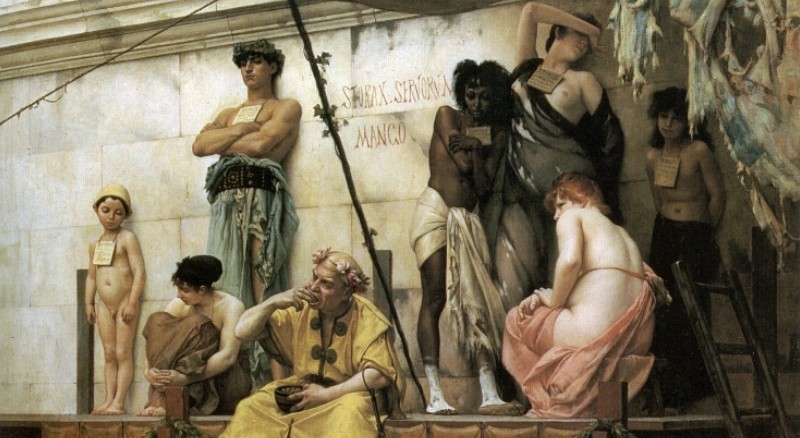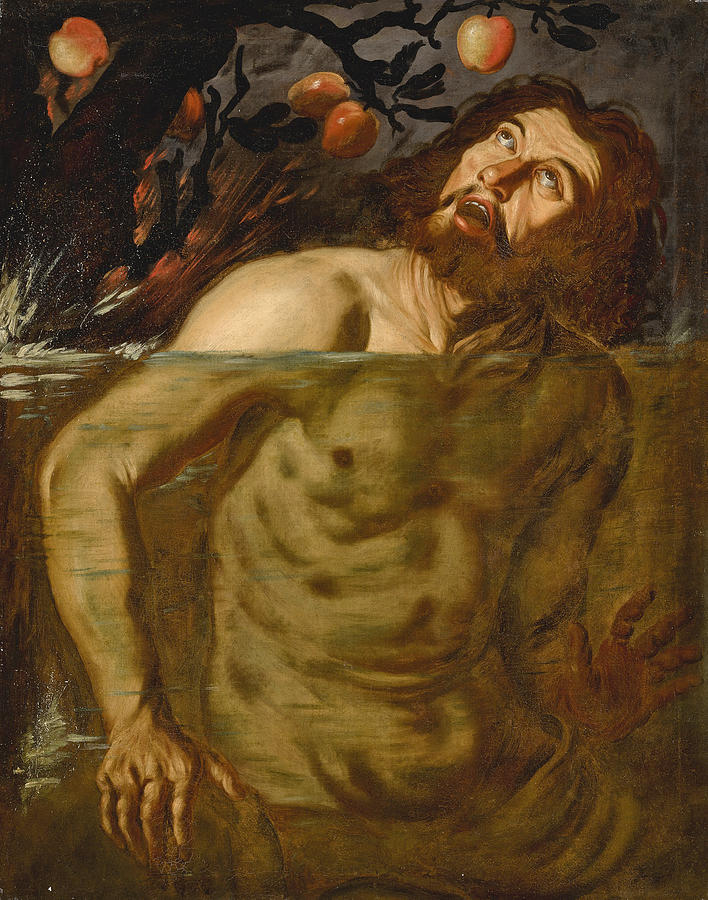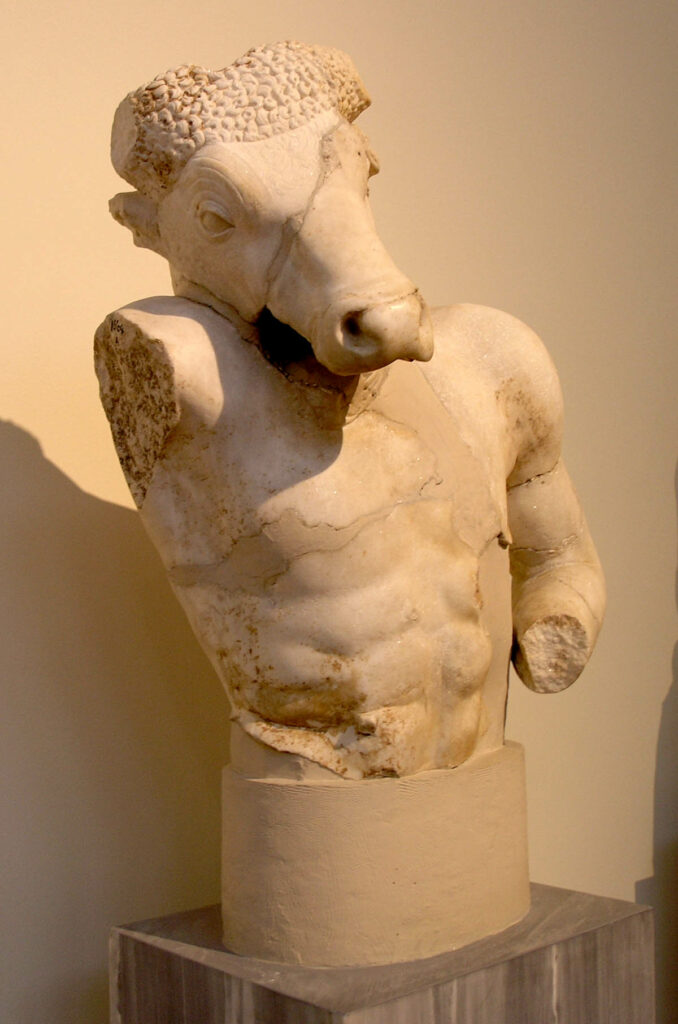When it comes to best/worst ancient Greek stories of ancestral sin, the competition is tough. There are so many to choose from! Nonetheless, I’d champion two for the top prize.
Tie for number one is the House of Cadmus.
Poor Cadmus, all he did was slay a dragon and found the city of Thebes... which is usually a good thing! That’s the stuff of heroes, right? Except this dragon (unbeknownst to Cadmus) was sacred to Ares. This resulted in a family curse that would include the Minoan king’s wife falling in love with a bull (producing the Minotaur), Dionysus’ mother being blown to smithereens, and perhaps most famously, Oedipus killing his dad and hooking up with his mom.
Enough fodder to fuel Freud’s dreams for several lifetimes…
The other top contender is definitely the House of Atreus.
Personally, I feel like this generational sin is much more justified, as the original transgression was pretty evil. It began with Tantalus who wanted to test the gods’ omniscience… by killing his son and serving him to the gods to eat. I have NO idea why such a thing would cross anyone’s mind, but Tantalus was subjected (rightfully?) to an eternity of never reaching anything afterwards.
Despite the individual being punished for such a horrific act, the curse continued… in fact, the murdered son was brought back to life by the gods (complete with ivory shoulder) only so the guilty generations could go on.
While there was plenty of sinning along the way, the most well known conclusion to this dynasty were his two grandsons, Agamemnon and Menelaus. Agamemnon, as Trojan War fans will no doubt recall, sacrificed his daughter for good sailing to Troy, only to be murdered by his wife on his return. This in turn sparked a matricide to bring the curse full circle.
All up, that’s six generations of inherited evil! Pretty impressive when you think about it….
This concept of ancestral fault really came to fruition with the old testament, as the idea of original sin is foundational in the Judeo-Christian religions. At least a termination period to the guilt was included in Exodus 20:5:
“The iniquities of the fathers are visited upon the sons and daughters — unto the third and fourth generation.”
But to the ancient Greeks and early Christians, ancestral sin (προπατορικὸν ἁμάρτημα) didn’t just belong in the mythology scrolls… it was very real and something to be considered. Part of the reason for this is that the family was considered a single unit in the ancient world. So, it sort of makes sense that the actions of one would reflect the household.
Nowadays, however, we live in a very individualist society… Why should I -or anyone- be held accountable for someone else’s bad decisions? Just because they happened to be related to you, should you be punished?
Of course this line of enquiry has very real world ramifications…

Can we blame Germans today for the Holocaust? Or Brits for Dresden? Should young Americans be castigated for Hiroshima and Agent orange? And hip Japanese kids for kamikaze pilots? If you’ve never even seen a slave in your life, should you be accountable for slavery in the past? Or the mistreatment of women and children? Or previous wars and poor political decisions?
Essentially: Is sin hereditary? Are we culpable for the actions of our ancestors?
As always, you can write to me directly at [email protected] or Comment below.












No comments yet. You should be kind and add one!
Our apologies, you must be logged in to post a comment.